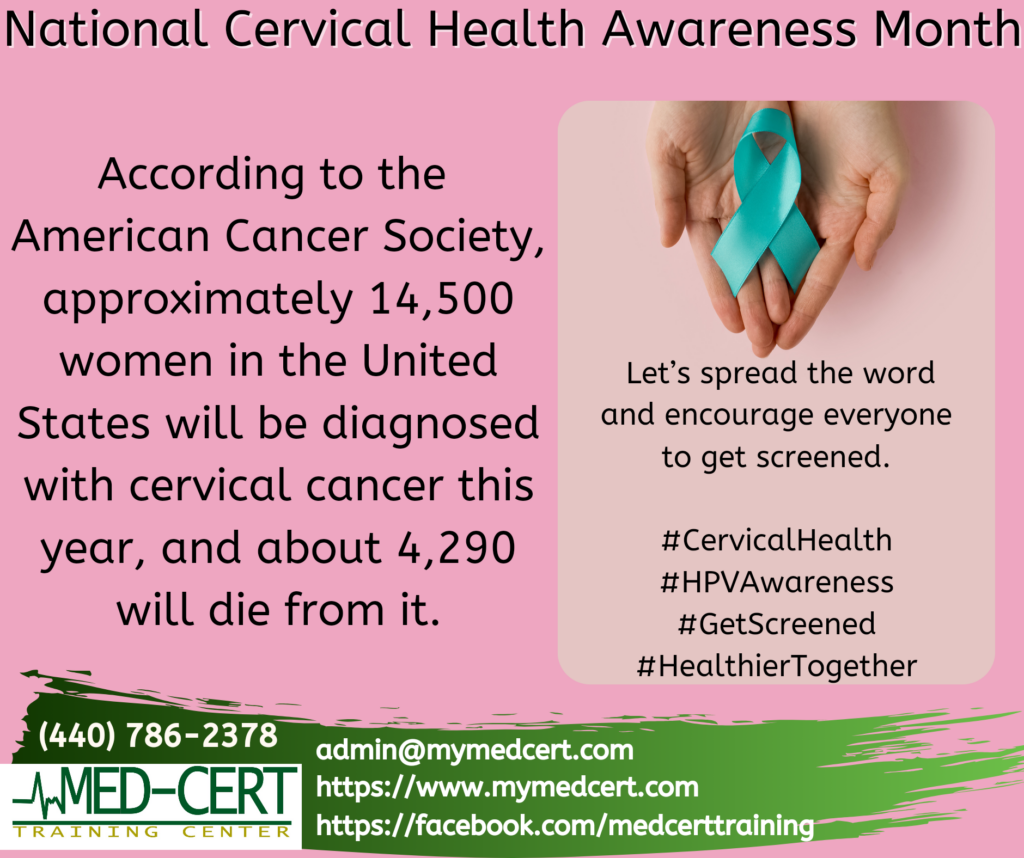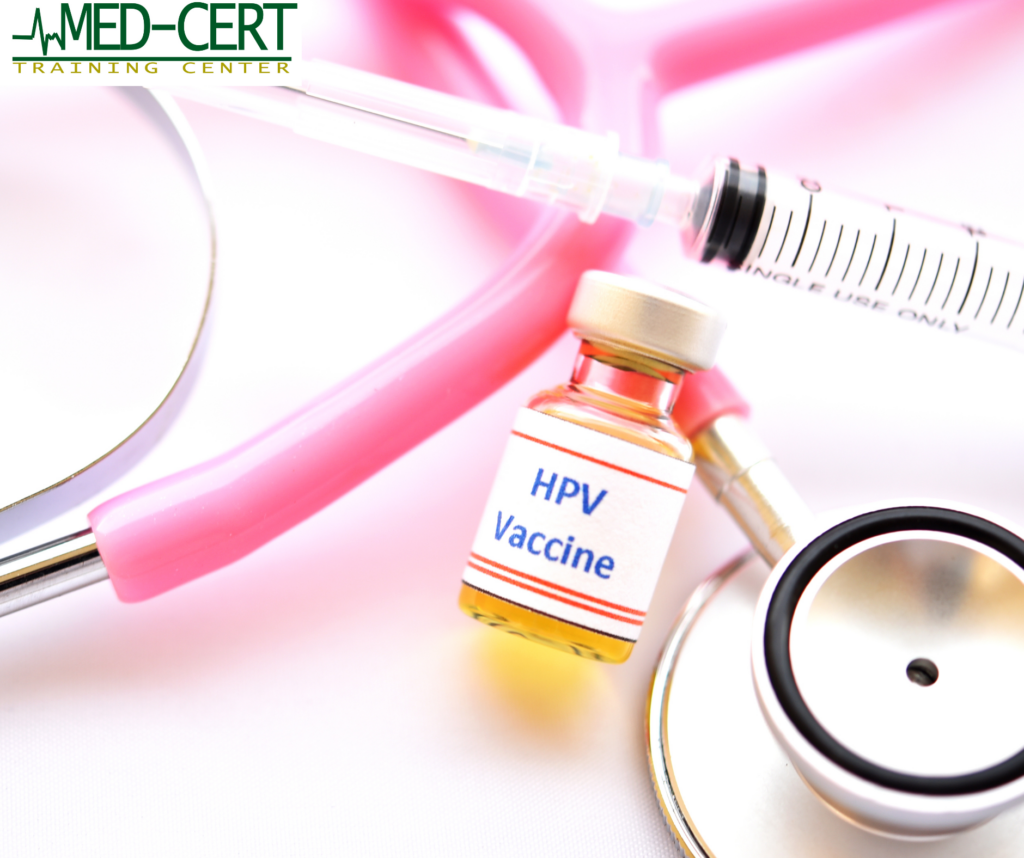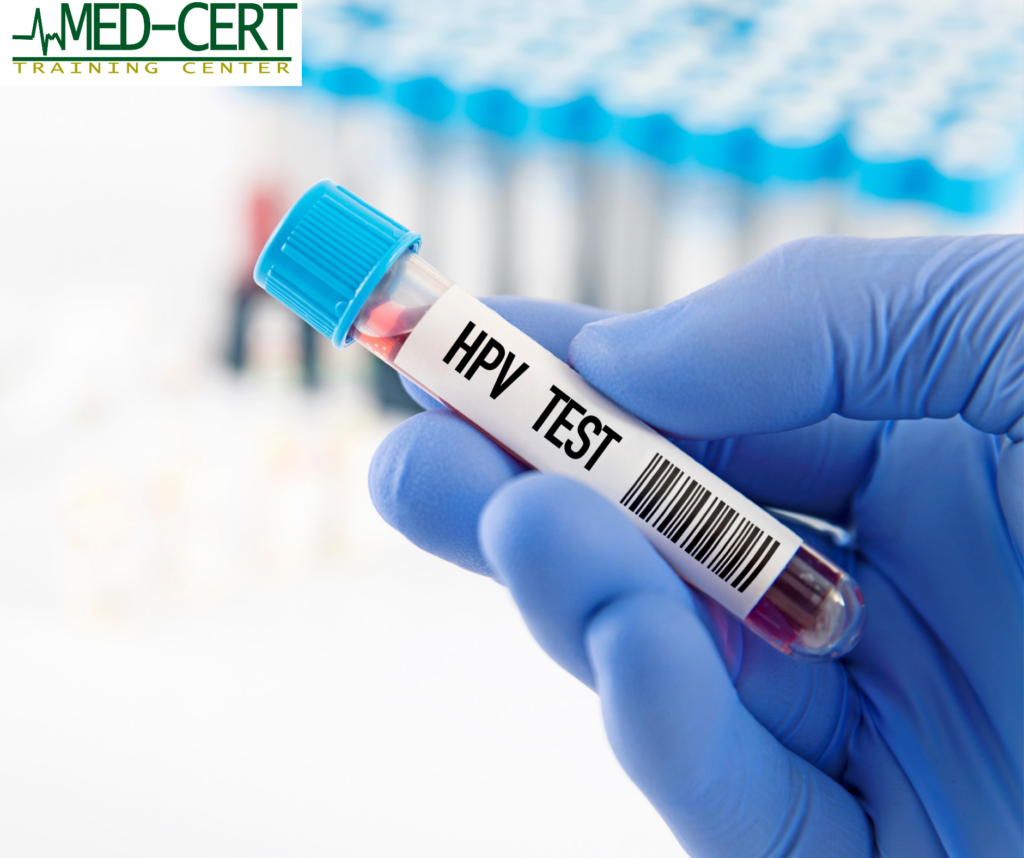As we kick off the year, it’s essential to spotlight a critical health issue that affects countless women worldwide: cervical health. January is National Cervical Health Awareness Month, a time to raise awareness about the importance of prevention, early detection, and treatment of cervical cancer.

Cervical cancer is a preventable disease, yet it remains a significant public health concern. According to the American Cancer Society, approximately 14,500 women in the United States will be diagnosed with cervical cancer this year, and about 4,290 will die from it. These statistics are a stark reminder of the need for greater awareness and action.
The Importance of Prevention
Prevention is the cornerstone of cervical health. The human papillomavirus (HPV), a common sexually transmitted infection, is the primary cause of cervical cancer. Fortunately, there are effective tools to prevent HPV infection and cervical cancer:
1. HPV Vaccination

The HPV vaccine is a safe and effective way to protect against the most common strains of HPV that cause cervical cancer. It is recommended for boys and girls aged 11-12, but can be administered up to age 45.
2. Pap Tests

Regular Pap tests can detect abnormal cells in the cervix before they turn into cancer. The American College of Obstetricians and Gynecologists (ACOG) recommends that women begin cervical cancer screening at age 21.
3. HPV Testing

For women over 30, HPV testing can be combined with a Pap test for more comprehensive screening, offering a dual approach to detect both the presence of high-risk HPV strains and any abnormal cervical cell changes. This combined method enhances the accuracy of early detection, allowing healthcare providers to identify potential risks sooner and take proactive steps to prevent cervical cancer.
Early Detection Saves Lives
Early detection is key to improving outcomes for cervical cancer. When caught in its early stages, cervical cancer is highly treatable. However, many women delay seeking care due to a lack of symptoms or misinformation.

This month, we urge women to take control of their health by scheduling regular check-ups and screenings. For those who may be uninsured or underinsured, resources are available to help access affordable care.
Reducing Stigma and Promoting Education
One of the biggest barriers to cervical health is the stigma surrounding sexually transmitted infections and cervical cancer. Many women avoid screening due to shame or fear, putting their health at risk.

National Cervical Health Awareness Month is an opportunity to break down these barriers by promoting education and open conversations about cervical health. By sharing information and encouraging preventive care, we can empower women to take charge of their health.
Join the Movement
At Med-Cert Training Center, we are committed to advancing health education and promoting preventive care. This January, let’s come together to honor National Cervical Health Awareness Month by prioritizing prevention, early detection, and education.
Encourage the women in your life to get screened, vaccinate your children against HPV, and spread the word about the importance of cervical health. Together, we can make a difference and save lives.

For more information on cervical health, HPV vaccination, and Pap testing, visit the resources provided by the CDC and ACOG. Let’s prioritize prevention and ensure that cervical cancer becomes a thing of the past.
